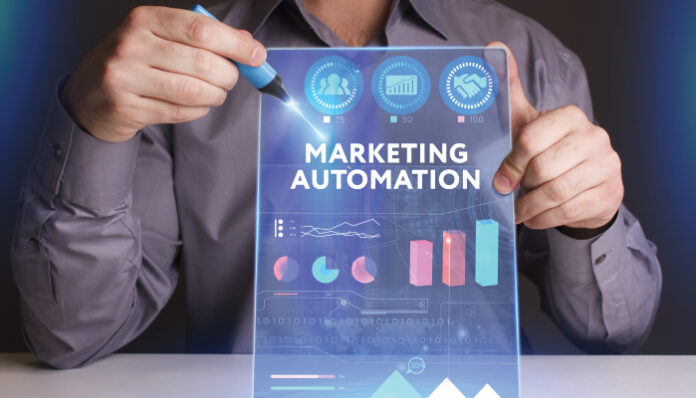Despite its complexity, marketing automation can help strengthen business operations. There are many misconceptions about the capabilities of automation and AI software, but if marketers truly understand what those tools can accomplish, they will see how easy it is to build the kind of online presence that will offer their business longevity over time.
Businesses are constantly developing innovative solutions for businesses to thrive using marketing automation solutions. With the help of those innovative new tools, every enterprise, no matter its size, can gain a competitive advantage.
Marketing automation holds a lot of promise; however, some businesses still find it difficult or too complicated to implement.
Here are five myths about marketing automation that marketers and businesses need to be aware of:
Also Read: Four Key Measures to Boost the Effectiveness of a Campaign
Myth #1 – Automated Marketing Can Replace Manual Processing
Software for marketing automation makes repetitive activities manageable, but it cannot wholly replace manual processes. The greatest difficulty for marketers is creating high-quality automation.
For instance, automation might help to streamline email marketing initiatives by enabling marketers to scale up swiftly when necessary and then scale down quickly when there is lower customer demand. Although scaling up or down can save time in the short run because brands don’t have to pay for extra capacity, doing so can be expensive and wasteful.
Myth #2 – Automated Marketing is Only for Email
Email marketing is just one component of marketing automation. Utilizing data to offer customers personalized experiences is a significant component of marketing automation. Some types permit businesses to connect the browsing behavior of customers with their purchasing histories, enabling them to deliver customized information or offers they are most likely to click on when they arrive on the website.
Myth #3 – Only Large Companies Use Marketing Automation
Many still believe that marketing automation is only appropriate for large companies or brands with substantial budgets. It’s true that some features of marketing automation, including rapid A/B testing, and advanced tracking tools, are best suited for larger organizations. Smaller enterprises, however, can also profit in various ways.
It is possible for small companies to compete with and go head-to-head against larger brands by using software to automate marketing activities. Additionally, automating operations can often be done for a reasonable price.
Also Read: How Brands and Marketers Can Protect Consumer Privacy and Build Trust
Myth #4: Automated Marketing Appears Impersonal and Robotic
Machines often do a good job of adhering to a set of rules with little variance or room for error. Humans, however, are distinctive because they have unique personalities, goals, values, and needs.
If done right, marketing automation can be personalized. The fact that software eliminates a lot of the guesswork involved in selling services or products is one of the biggest advantages of adopting it.
Businesses are able to understand what their customers are interested in, what keeps them loyal to their brand, and who they trust when they give their machine learning software access to both company data and other third-party sources of information about what makes their customers tick.
Myth #5: Marketers Will Lose Their Jobs to Marketing Automation
Some marketers continue to believe that marketing automation will completely replace them. Some of the more mundane aspects of marketing, including list development and lead nurturing, can be handled by software. However, it cannot become creative or culturally relevant.
Although it can increase productivity and efficiency for marketers, marketing automation is not a panacea. For businesses to ensure that the machine is operating effectively, they require a qualified marketer. The most important thing is to ensure they are reaching their audience with the necessary content, regardless of who manages the marketing or how it occurs.
Marketing automation is just another solution that can help brands attract more customers. As long as marketing leaders monitor how they are using that tool, they will be able to find new ways to streamline the process in ways they never imagined.
For more such updates follow us on Google News TalkCMO News.






